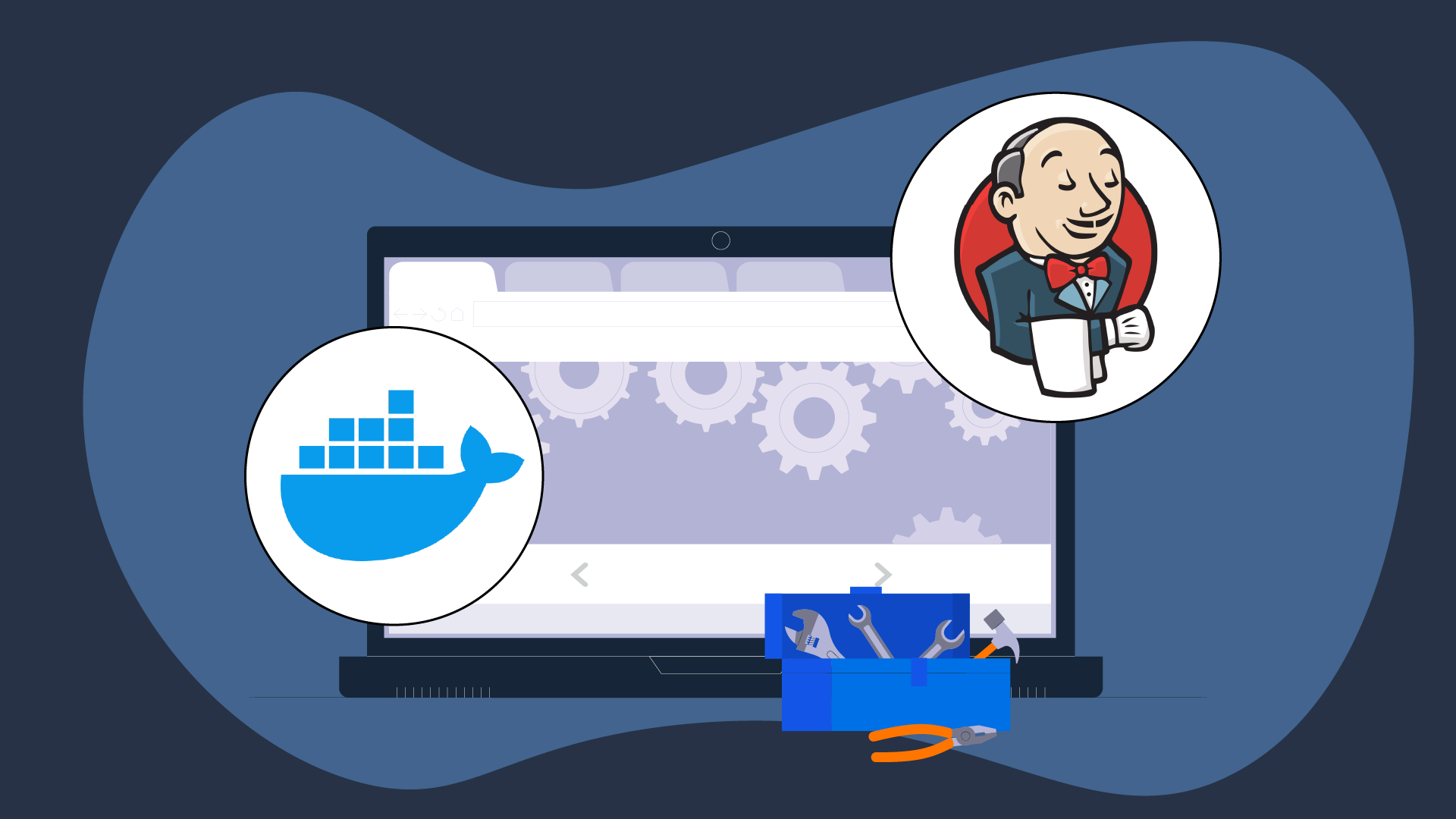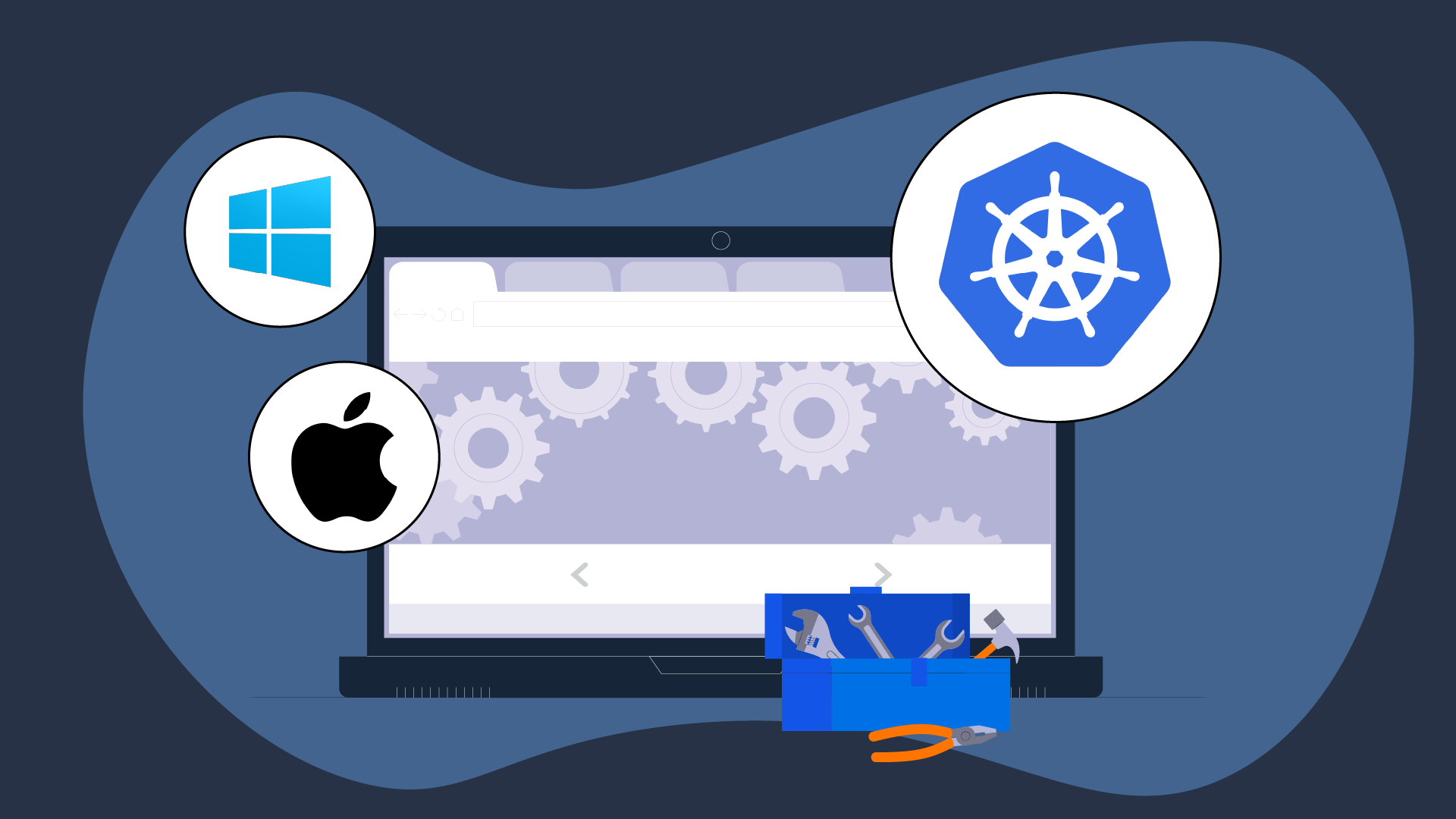Related courses
See All CoursesBeginner
Git Essentials
Git is the most popular version control system used by millions of developers around the globe. Whether you're a seasoned developer or a beginner, this course will equip you with the knowledge and skills needed to efficiently manage your software projects, collaborate with others, and master the art of version control.
Beginner
C++ Introduction
Start your path to becoming a skilled developer by mastering the foundational principles of programming through C++. Whether you're starting from scratch or already have some coding experience, this course will provide you with the solid foundation needed to become a proficient developer and open the doors to a wide range of career opportunities in software development and engineering. Let's study C++!
DevOps and The Profession Transforming the IT Industry
An important contribution

As the landscape of technology continually evolves, the role of DevOps has become increasingly vital in shaping the IT industry. The term DevOps, a blend of 'Development' and 'Operations', signifies more than just a role in the IT sector; it embodies a cultural shift, a methodology that fosters collaboration, efficiency, and continuous improvement in software development and deployment processes. This article explores the essence of the DevOps profession, its pivotal impact, and why it is now an integral part of the technological world.
Understanding DevOps
DevOps is not just a job title; it's a culture and philosophy that bridges the gap between software development (Dev) and IT operations (Ops). This approach aims to harmonize the software development life cycle, from design and development to deployment and operations, ensuring agility, speed, and quality in software delivery.
Run Code from Your Browser - No Installation Required

Key Responsibilities of a DevOps Professional
-
Continuous Integration and Continuous Deployment (CI/CD): DevOps engineers automate and streamline the software development process, primarily through CI/CD pipelines, enabling faster and more efficient deployments.
-
Infrastructure as Code (IaC): They manage and provision infrastructure using code instead of manual processes, enhancing the consistency and speed of environments setup.
-
Monitoring and Performance Tuning: Continuous monitoring of applications and infrastructure is crucial to ensure performance and quickly address issues.
-
Collaboration and Communication: One of the core tenets of DevOps is enhancing collaboration between development and operations teams, breaking down silos for better outcomes.
-
Security Integration: Incorporating security aspects early in the development process, a practice often referred to as DevSecOps, to ensure secure software delivery.
Essential Skills and Tools
A DevOps professional usually has a blend of technical and soft skills, including proficiency in automation tools (like Jenkins, Ansible, or Terraform), understanding of cloud services (AWS, Azure, or Google Cloud), expertise in containerization technologies (Docker, Kubernetes), and strong scripting abilities (in languages such as Python or Bash). Effective communication and collaboration skills are also vital.
The Impact of DevOps in IT
The introduction of DevOps has significantly reduced the traditional barriers between development and operations teams. This has led to:
- Faster Time to Market: With streamlined workflows, organizations can rapidly deploy features and fixes, keeping up with market demands and customer needs.
- Increased Efficiency: Automation and continuous delivery have drastically improved efficiency, reducing manual work and errors.
- Better Quality Products: Continuous integration and testing lead to fewer bugs and higher quality software.
- Enhanced Collaboration: DevOps fosters a culture of sharing and collaboration, leading to innovative solutions and team growth.
Start Learning Coding today and boost your Career Potential

Conclusion
DevOps is more than a role; it’s a transformative approach that is redefining the IT landscape. By breaking down silos between development and operations, DevOps is enabling faster, more efficient, and higher quality software development processes. As technology continues to advance, the role of DevOps will undoubtedly grow, further cementing its importance in the IT industry.
FAQs
Q: What is the primary goal of a DevOps approach?
A: The primary goal of DevOps is to integrate and automate the processes between software development and IT operations teams. This enhances collaboration, speeds up software delivery, and improves product quality.
Q: How does DevOps differ from traditional IT roles?
A: Traditional IT roles often work in silos, with distinct boundaries between development and operations teams. DevOps breaks down these barriers, fostering a collaborative environment where both teams work together throughout the entire software lifecycle.
Q: Is coding a necessary skill for DevOps professionals?
A: Yes, coding is an important skill for DevOps professionals. It is essential for scripting, automation, managing Infrastructure as Code (IaC), and integrating various DevOps tools and technologies.
Q: Can DevOps practices be applied to small-scale projects or startups?
A: Absolutely. DevOps practices are scalable and can significantly benefit projects of any size, including startups, by enhancing efficiency, reducing deployment times, and ensuring higher quality of the final product.
Q: How does DevOps contribute to cloud computing?
A: DevOps plays a crucial role in cloud computing by streamlining the deployment and management of applications in the cloud. Automation, scalability, and efficient processes are key aspects of DevOps that align perfectly with cloud computing paradigms.
Related courses
See All CoursesBeginner
Git Essentials
Git is the most popular version control system used by millions of developers around the globe. Whether you're a seasoned developer or a beginner, this course will equip you with the knowledge and skills needed to efficiently manage your software projects, collaborate with others, and master the art of version control.
Beginner
C++ Introduction
Start your path to becoming a skilled developer by mastering the foundational principles of programming through C++. Whether you're starting from scratch or already have some coding experience, this course will provide you with the solid foundation needed to become a proficient developer and open the doors to a wide range of career opportunities in software development and engineering. Let's study C++!
Installing Jenkins with Docker
Easily deploy Jenkins with Docker for a fast and isolated CI/CD environment.
by Eugene Obiedkov
Full Stack Developer
Aug, 2025・3 min read

Guide to Installing Kubernetes on Windows and Mac
A beginner-friendly guide to getting Kubernetes up and running on your computer.
by Eugene Obiedkov
Full Stack Developer
Aug, 2025・6 min read

URL vs URI vs URN
Uniform Resource Identifiers
by Andrii Chornyi
Data Scientist, ML Engineer
Mar, 2024・7 min read

Content of this article